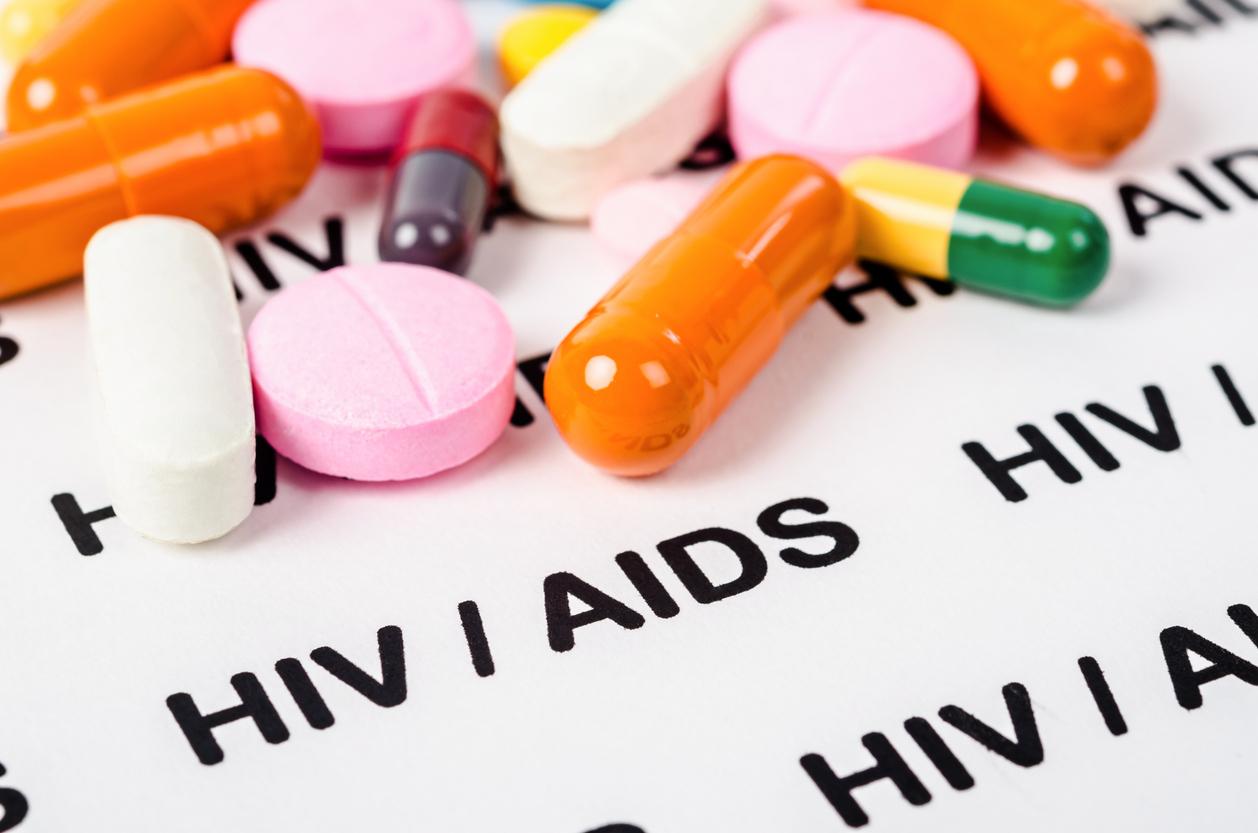If treatments are improving to treat patients with the HIV, HIV-positive people find it increasingly difficult to enter the labor market and keep a job, according to the results of a study published in the medical journal PLOS One. Indeed, between 2003 and 2011, the unemployment rate of infected people increased from 12.6% in 2003 to 15.8% in 2011 and grew much faster than that of non-sick people.
While HIV-positive people were more affected by the crisis than the rest of the population, researchers at the National Institute for Health and Medical Research (Inserm) compared these unemployment rates with those of the general population, using the data from INSEE.
Read also: one in 10 children would have immune defenses against AIDS
Patients are better treated and less protected
The results of this study showed that the unemployment rate of people living with HIV had increased faster than that of the general population in recent years. In fact, the difference between the two types of population was 7% in 2003, it rose to 10% in 2011. But during this period, patient care improved: 95.5% of they showed a controlled viral load in 2011, compared to 77.7% in 2003.
“In short, medical progress has not translated into an improvement in the employment situation for these people”, clarifies Margot Annequin, responsible for this work.
“Patients are in better health, so that it is more difficult for them to benefit from the job retention system which grants a disability rate. However, like any person suffering from a chronic pathology, they sometimes need to take a break from their work. their professional activity for their care. The return to employment is then difficult in a very competitive market, and with the fear that the infection is known “, explains Margot Annequin.
Read also:
HIV: the number of infections stabilizes
HIV: all the questions we ask ourselves
HIV: antiretrovirals would protect children while breastfeeding
















